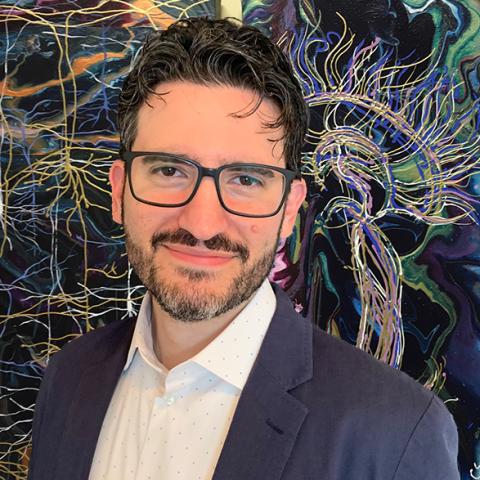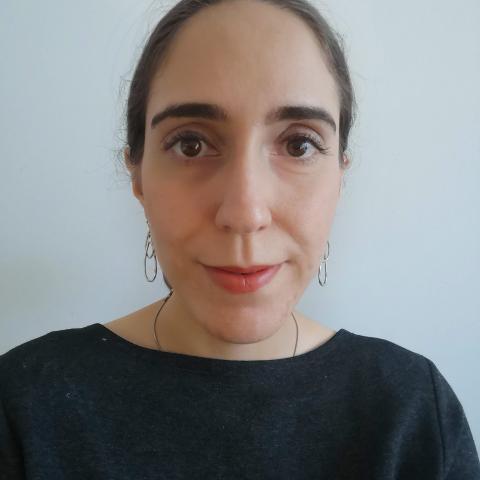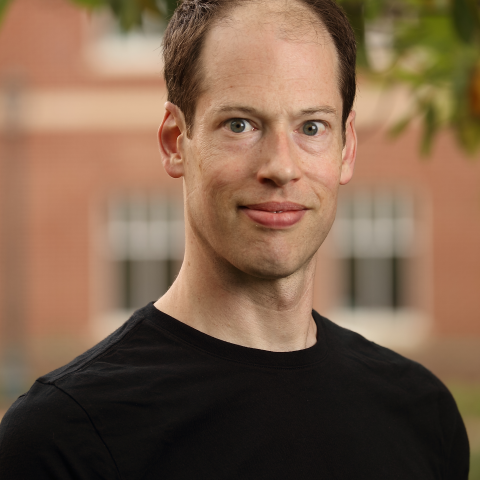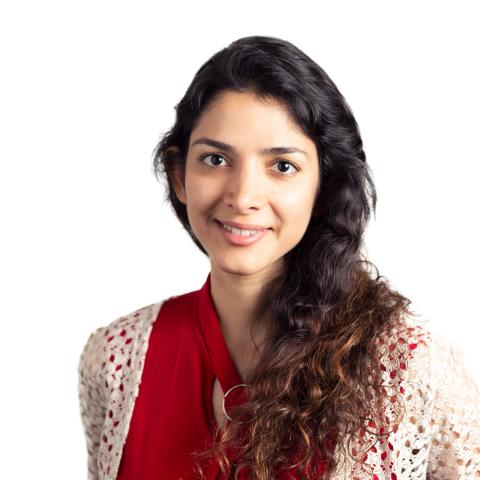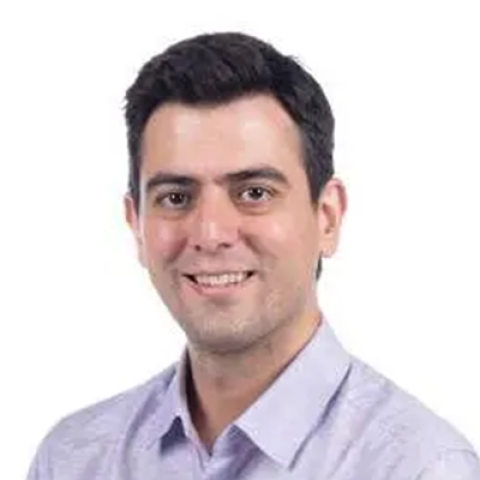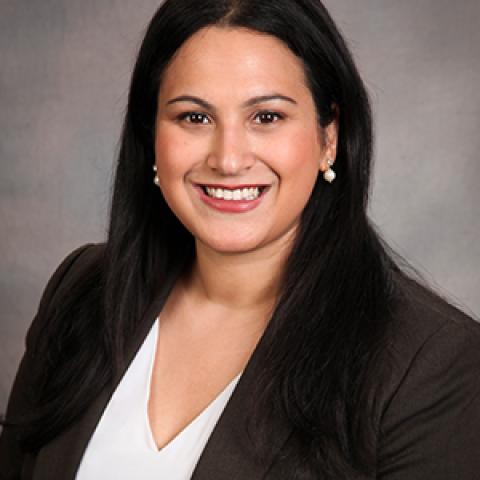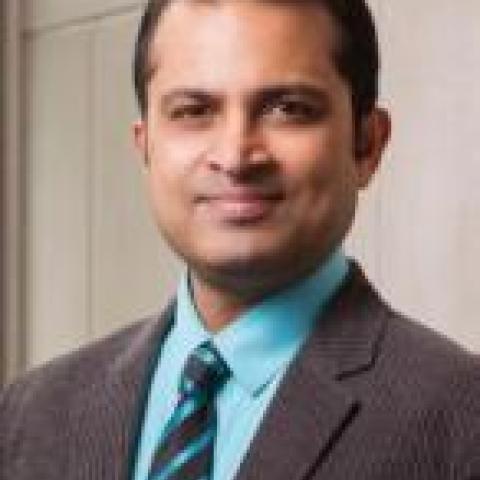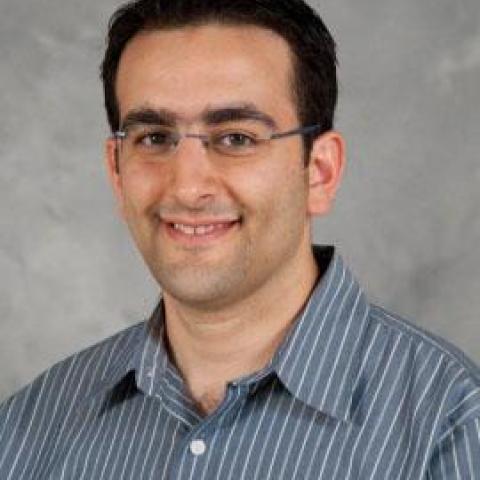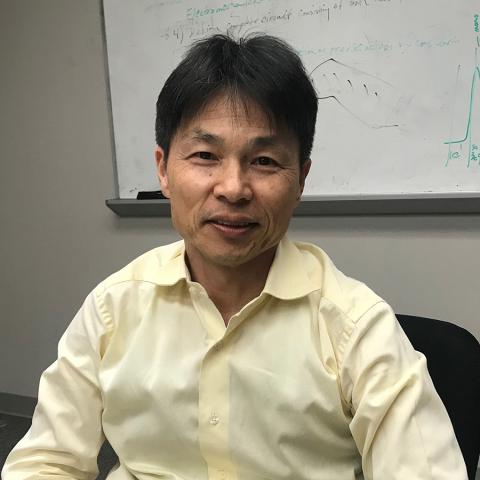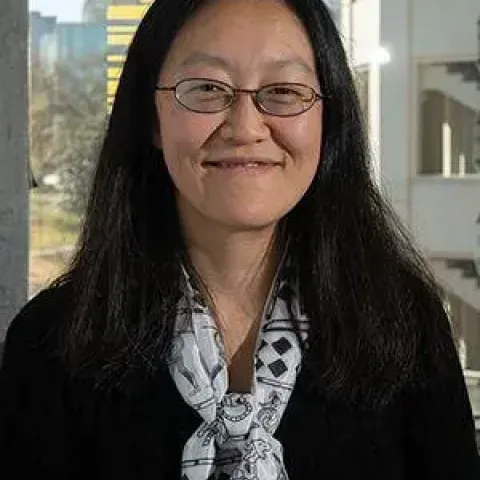Turgay Ayer is the Virginia C. and Joseph C. Mello Chair and a professor in the H. Milton Stewart School of Industrial and Systems Engineering at Georgia Tech. Ayer also serves as the research director for healthcare analytics and business intelligence in the Center for Health & Humanitarian Systems at Georgia Tech and holds a courtesy appointment at Emory Medical School.
His research focuses on healthcare analytics and socially responsible business analytics with a particular emphasis on practice-focused research. His research papers have been published in top tier management, engineering, and medical journals, and covered by popular media outlets, including the Wall Street Journal, Washington Post, U.S. News, and NPR.
Ayer has received over $2.5 million grant funding and several awards for his work, including an NSF CAREER Award (2015), first place in MSOM Responsible Research in Operations Management (2019), first place in the MSOM Best Practice-Based Research Competition (2017), INFORMS Franz Edelman Laureate Award (2017), and Society for Medical Decision Making Lee Lusted Award (2009).
Ayer serves an associate editor for Operations Research, Management Science, and MSOM, and is a past president of the INFORMS Health Application Society. He received a B.S. in industrial engineering from Sabanci University in Istanbul, Turkey, and his M.S. and Ph.D. degrees in industrial and systems engineering from the University of Wisconsin–Madison.
Virginia C. and Joseph C. Mello Chair
Research Director of Business Intelligence and Healthcare Analytics, Center for Health and Humanitarian Systems
Additional Research
Socially Responsible Operations; Practice-focused Research; Healthcare Analytics
